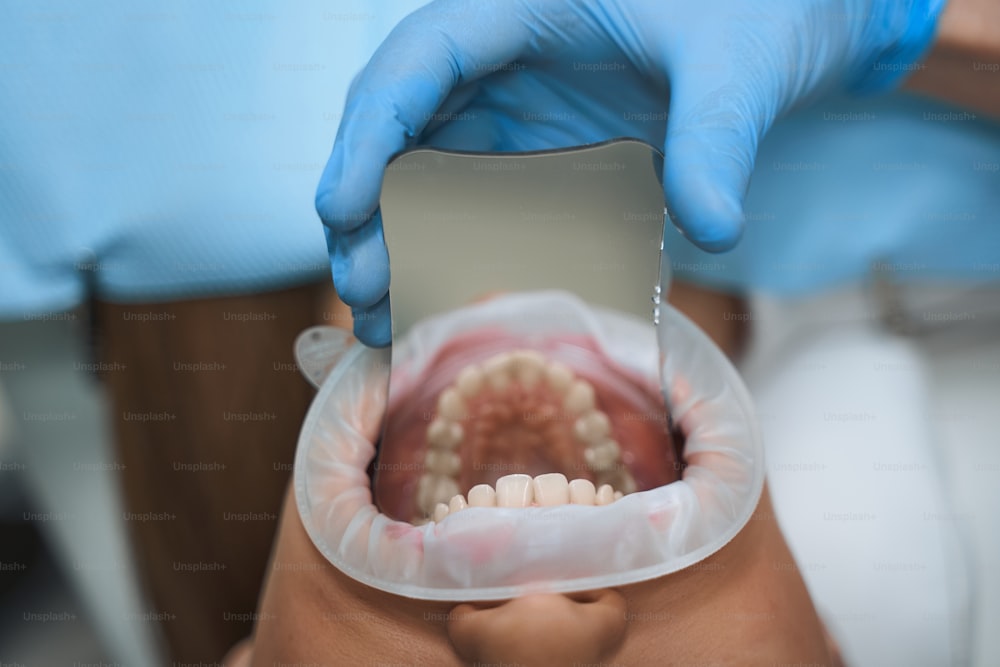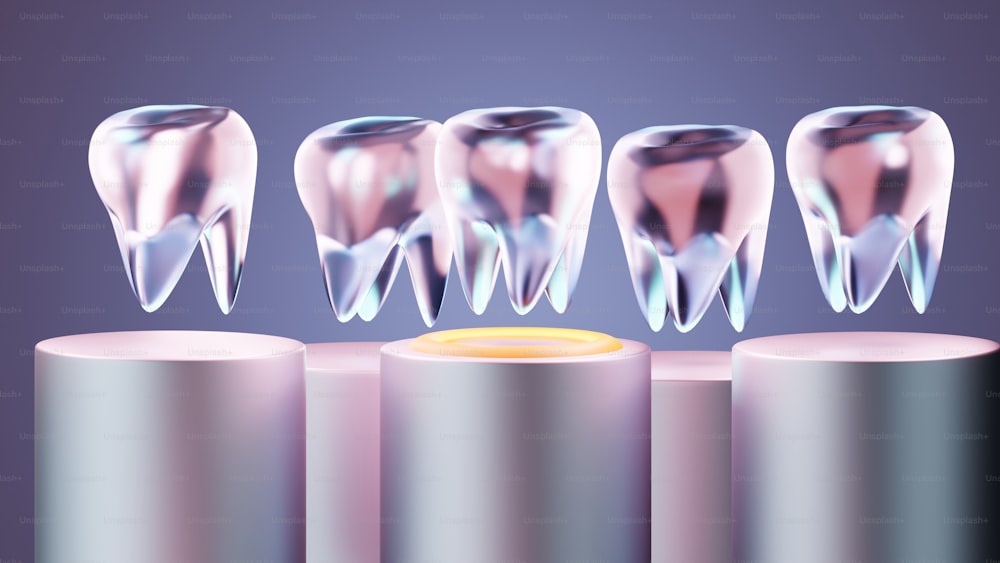Dental Implants Athens OH - Dental Implant New Albany OH
Dental Implants Athens OH - Dental Implant New Albany OH
Blog Article
Dental Implant Condit OH - Dental Implant Services in Ohio
When determining what type of anesthesia is used for dental implants, it turns into important to discover varied choices out there to patients. The choice of anesthesia can significantly impression the consolation of the procedure, the general experience, and the speed of recovery (Dental Implant Condit OH).
Local anesthesia is the most generally used kind for dental implant surgeries. In this method, an anesthetic agent is injected close to the surgical web site. Local anesthesia effectively numbs the targeted space, allowing the oral surgeon or dentist to carry out the procedure with minimal pain to the patient. It is helpful because patients stay absolutely awake and aware all through the process, fostering a sense of management.
Sedation dentistry presents another approach for individuals who could feel anxious concerning the procedure. Sedation can vary from mild to deep, permitting patients to loosen up whereas their implants are placed. Different ranges of sedation can be achieved by way of oral sedatives, nitrous oxide, or intravenous methods. The stage of relaxation may be tailored to the particular wants or anxiety ranges of the patient.
Dental Implant Galena OH - Best Dentists with Reviews
Nitrous oxide, commonly generally identified as laughing fuel, is a well-liked choice for dental procedures, including implants. This type of sedation works rapidly, allowing sufferers to really feel relaxed and euphoric. Administration is handy, as the fuel is inhaled by way of a mask placed over the nostril. Patients can usually resume normal activities shortly after the process, making nitrous oxide a favourite amongst both dentists and patients.
Another choice is oral sedation. This methodology entails taking a prescribed sedative before the appointment. Patients typically feel sleepy and fewer conscious of their environment while nonetheless being able to talk with their dental staff if necessary. While oral sedation is effective, its onset and period can range from individual to individual, so dentists should consider individual needs carefully.
Intravenous (IV) sedation offers deeper levels of sedation, best for longer or more complex procedures. This methodology permits for fast adjustment of sedation levels, as the anesthetic is administered directly into the bloodstream. Patients in this state may feel extraordinarily relaxed and won't remember the procedure afterward. IV sedation typically requires a more extensive recovery period in comparison with native anesthesia alone.
Dental Implant Pataskala OH - Implant Dentist

General anesthesia, although typically reserved for more invasive surgical procedures, can also be considered for dental implants in particular situations. This sort of anesthesia induces a state of complete unconsciousness, requiring close monitoring by an anesthesiologist. General anesthesia is appropriate for sufferers with severe anxiousness, those who have issue sitting still for prolonged durations, or when multiple procedures are carried out simultaneously.
The choice of anesthesia may also depend on the affected person's medical historical past and any underlying medical conditions. Some illnesses may enhance the risk of complications throughout anesthesia. Detailed discussions between the affected person and the dental team can lead to a custom-made anesthetic plan that ensures security whereas enhancing consolation.
Many sufferers specific concern regarding the unwanted side effects related to anesthesia. While unwanted facet effects can differ based mostly on the kind used, most local anesthetics show minimal risks. Common considerations embody momentary numbness and swelling close to the injection web site. For those that opt for sedation, side effects could embody drowsiness, dizziness, or nausea.
Dental Implant Columbus OH - Best Dentists with Reviews
Recovery time additionally performs a role in the choice of anesthesia. Local anesthesia typically allows for a faster recovery, enabling sufferers to resume normal actions inside hours. Sedation strategies might require extra time for the medication to put on off, necessitating preparations for transportation post-procedure.
The significance of communication between the affected person and the dental practitioner cannot be overstated. Sharing concerns and preferences allows for a tailor-made anesthetic strategy. A thorough evaluation helps to identify the most applicable sort of anesthesia to ensure each comfort and effectiveness during the dental implant process.

In addition to comfort and security, the overall success of dental implants can be influenced by the choice of anesthesia. The effects of hysteria on the body can complicate surgical procedures and lengthen recovery occasions. Therefore, a correct anesthetic plan performs a vital role in not only instant comfort but in addition the long-term success of the dental implants.
Dental Implant Galena OH - Oral Surgery
Patients should be prepared to discuss their medical historical past, anxiety ranges, and personal preferences when consulting a dentist for dental implants. This open dialogue permits the practitioner to create an anesthetic strategy that suits the person while ensuring the procedure runs smoothly and efficiently.

The quest for a pain-free dental implant procedure can be daunting for many. The varying types of anesthesia create options that may match particular person wants, life, and luxury ranges. The right selection of anesthesia can turn a doubtlessly stressful dental visit right into a more manageable expertise.
In conclusion, understanding what kind of anesthesia is used for dental implants is crucial for patients preparing for the procedure. From local to general anesthesia, each methodology has its advantages and considerations. With a variety of choices obtainable, patients can work intently with their dental group to determine one of the best method, enhancing not only comfort visite site but also the probability of a profitable end result. Ultimately, the selection of anesthesia instantly impacts each the expertise through the procedure and the overall satisfaction with dental implants.
- Local anesthesia is predominantly used for dental implants, offering focused numbing to the surgical web site while allowing the affected person to remain fully conscious.
- Common native anesthetics embody lidocaine, articaine, and mepivacaine, each chosen for their effectiveness and length of action.
- Sedation dentistry may also be employed for sufferers with anxiety, often utilizing moderate sedation strategies like nitrous oxide or oral sedatives.
- General anesthesia can be an possibility for complicated circumstances or in patients with severe anxiousness or particular needs, ensuring a completely unconscious state.
- The selection of anesthesia is dependent upon the affected person's medical historical past, level of anxiety, and complexity of the implant process.
- During the process, monitoring of significant indicators ensures the affected person's safety and luxury levels are maintained.
- Post-surgery, patients are sometimes given instructions regarding pain management, which can embrace over-the-counter pain relievers alongside instructed dosages of local anesthesia.
- The use of anesthetic agents can differ based on individual responses, necessitating a tailored strategy from the dental skilled.
- Some dental practices could provide digital reality or distraction techniques to help sufferers manage anxiousness alongside anesthesia choices.undefinedWhat type of anesthesia is used for dental implants?
Dental Implant Granville OH - Dental Hygienist near Ohio
What is the most common type of anesthesia used for dental implants?undefinedThe most typical type of anesthesia for dental implants is native anesthesia, specifically lidocaine. This numbs the surgical area to attenuate pain in the course of the procedure.
Can I request sedation for my dental implant surgery?undefinedYes, many dentists offer sedation choices, such as oral sedation or nitrous oxide, for sufferers who feel anxious or choose a extra relaxed expertise throughout dental implant surgery.
Will I be awake during the dental implant procedure?undefinedIf local anesthesia is used, you may be awake however numb within the remedy area. If sedation is chosen, you may be in a lightweight sleep and never absolutely aware of the process.
How long does the anesthesia last in the course of the procedure?undefinedThe results of local anesthesia typically last for 1 to three hours, depending on the particular medicine used. However, the duration can differ based on particular person elements.
Dental Implant Centerburg OH - Best Dentists with Reviews

Are there any unwanted side effects of dental anesthesia?undefinedPossible unwanted effects can embody momentary numbness, swelling, bruising, and, in uncommon circumstances, allergic reactions (Dental Implant Hartford OH). It's essential to discuss any concerns together with your dentist beforehand.
Can I eat or drink after receiving anesthesia for my dental implant?undefinedIt's best to avoid eating or ingesting till the numbness has fully worn off to stop biting your tongue or cheek. Follow your dentist’s specific post-operative directions for one of the best results.
How is anesthesia administered for dental implants?undefinedLocal anesthesia is typically administered via a small injection directly into the gum tissue. Sedation options could involve inhalation or oral medication that will assist you relax before the procedure.
Do I need somebody to drive me house after the procedure?undefinedIf you’ve acquired sedation, it’s recommended to have somebody drive you house, as you website here might feel groggy or disoriented. Local anesthesia alone usually doesn't require assistance.
Dental Implant Condit OH - Dental Services - Ohio
What if I even have a fear of needles?undefinedIf you have a concern of needles, talk about this along with your dentist. They can provide strategies to assist ease your anxiety, corresponding to using topical numbing agents earlier than the injection.
Report this page